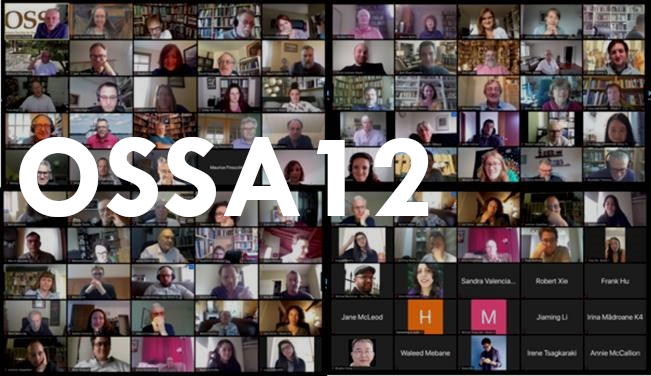Document Type
Paper
Keywords
Argumentative virtue, Deep disagreement, Patience
Start Date
3-6-2020 3:00 PM
End Date
3-6-2020 4:00 PM
Abstract
A popular approach to analyzing the concept of evidence is to identify a unique set of normative criteria that delineate the concept. However, disagreements about evidence seem deep, and using this approach raises concerns about the imposition of dominant norms. Such an imposition excludes important sources of knowledge and leads to argumentative vices such as unwillingness to engage.
Virtue argumentation, like its predecessors from ethics and epistemology, focuses on practical applicability through the cultivation of habits and character rather than the articulation of universal principles or consistent theories. While Andrew Aberdein and others have been working to develop taxonomies of argumentative virtues, an important argumentative virtue that has been overlooked is the virtue of patience. Patience is a virtue necessary to continue to engage in argument rather than lose hope in the face of seemingly intractable disputes such as the nature of evidence. However, the importance of patience to argumentation and the long life of many disagreements also raises questions about the limits of argumentation in cases where patience and cooperation might be inappropriate responses—for instance, in the face of entrenched injustice.
Reader's Reactions
Tracy A. Bowell, Commentary on Deep Disagreement and Patience as an Argumentative Virtue (June 2020)
Included in
Deep Disagreement and Patience as an Argumentative Virtue
A popular approach to analyzing the concept of evidence is to identify a unique set of normative criteria that delineate the concept. However, disagreements about evidence seem deep, and using this approach raises concerns about the imposition of dominant norms. Such an imposition excludes important sources of knowledge and leads to argumentative vices such as unwillingness to engage.
Virtue argumentation, like its predecessors from ethics and epistemology, focuses on practical applicability through the cultivation of habits and character rather than the articulation of universal principles or consistent theories. While Andrew Aberdein and others have been working to develop taxonomies of argumentative virtues, an important argumentative virtue that has been overlooked is the virtue of patience. Patience is a virtue necessary to continue to engage in argument rather than lose hope in the face of seemingly intractable disputes such as the nature of evidence. However, the importance of patience to argumentation and the long life of many disagreements also raises questions about the limits of argumentation in cases where patience and cooperation might be inappropriate responses—for instance, in the face of entrenched injustice.

